To this day, few film directors have had their careers as closely researched and scrutinized as that of the master of suspense, Alfred Hitchcock. With enough time elapsed since his death in 1980, his legacy on film seemingly cannot be overstated with movies to this day described as “Hitchcockian”, and with reference to films such as “Psycho” and “Vertigo” being a naturalized part of the pop culture lexicon. Known primarily for his work introducing a new film language that would revolutionize the genres of the thriller, suspense and horror, his status as a lifelong aficionado of Habanos has been given little to no attention. However as one of the most famous film directors of all time, his cigar smoking could give some insight into his life trajectory.
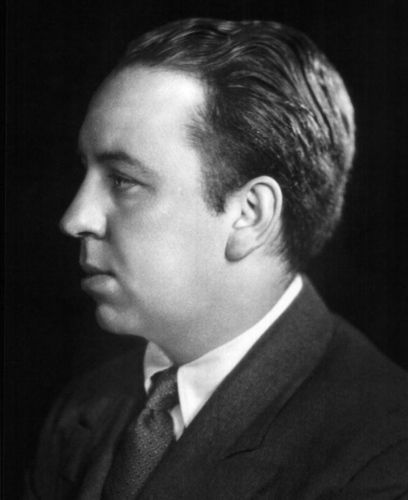
Always in control of his public persona, Hitchcock was one of the first film auteurs to embrace the media and speak candidly to reporters about his work and inspiration. Of the things the man never made ambiguous was the causal relationship between his enduring early traumas and his unstoppable desire to make films. As he would state “The only way to get rid of my fears is to make films about them” expounding the cathartic effects of having absolute control over a narrative. The more distressing the plot the more cathartic the satisfaction Hitchcock would derive. Alfred would thereby exorcise his own fears from the simulated (and sometimes un-simulated) terror he would inflict on his actors. This combination of a terrifying plot with the total control he had over shooting, famously resulted in the poor treatment of some of his actors, notably Birds’ leading lady, Tippi Hedren.
Behind the film camera in this ultimate seat of control, Hitchcock would be accompanied with the cigar. Many fans identify cigar smoke visible on screen particularly in his early English films, the man leaving a smoky seal of authenticity on the cellulose. In Hitchcock’s case we can understand the cigar as representing a talisman of control, a ritual that helped the man alleviate his subconscious fears since early adolescence. His rarely spoken about but intimate passion traces back to his formative years, where it may have attributed to the development of his person-hood by quelling his neurotic profile.
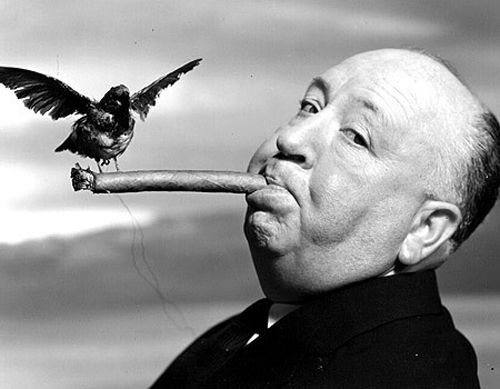
Coming from a working-class family in Essex, young Alfred was an anxiety-ridden child acutely aware of his status as an unattractive loner in Edwardian England, his family on the margins of polite society. Gifted with a vivid imagination, the social outcast naturally found comfort going to the movies, sparking a creative impulse that wouldn’t be fully satisfied until much later in life. Upon his father’s death at age 15, Alfred was thrust into the job market, initially as a technical clerk at a local Telegraph company. He never ceased his solitary creative pursuits, including taking various night classes and even writing psychological horror stories for the company social magazine. Even at this early age, Hitchcock had a fairly well fleshed out idea of who he was and what direction he wanted to take. While most of his coworkers would settle for non-fussy pub food for their lunch breaks, Hitchcock would insist on a sit-down restaurant equipped with “very clean fine linen napkins”. Following lunch Alfred would light up the most expensive cigar he could find often putting his meager earnings in disarray. Snubbing his colleagues in favor of solitude, the cigar represented his solitary life, but also acted as a metaphoric compass for the type of luxurious lifestyle he intended to lead. The cigar smoke that would envelop the dining adolescent in a shroud of mystery would continue up to the very apex of his career, acting as an extension of his peculiar character.
Even upon making it in Hollywood and being amply rewarded by the system, Hitchcock would prefer alone time, staying on the periphery of high society events. The Montecristo No.2 would remain the mysterious directors’ No.1 confidante, and a potent censorial link between his younger and future self, confirming the control the man would wield over his insular life and his future aspirations.
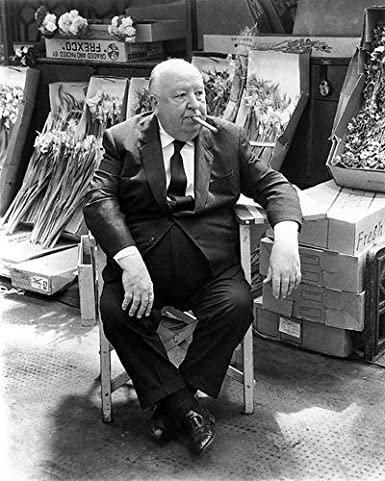
Hitchcock’s 1939 move to Hollywood marked a major new chapter in the film director’s career, following a string of successful melodramas and thrillers in England (Hitchcock would be credited as directing the country’s first ever talkie, “Blackmail” in 1929). With the steadfast stubbornness of his cigar-toting younger self, his insistence of control over the shooting and editing process would cause him to butt heads with producer, David Selznick. Before going on set, each shot, angle, piece of dialogue was already memorized by Hitchcock. The film, scene by scene would already be complete in his head. To Selznick’s chagrin, no room was allowed for extra takes or improvisation, making it so the film could only be edited a single way, Alfred’s way. Allowing for no second-guessing or improvisation during the film shoot, the crew would describe these days as fairly dull and uneventful. Whether or not it was premeditated, the result was that Hitchcock could enjoy his Montecristo No.2s relatively unperturbed from behind the camera, directing his crew only through the veil of cigar smoke.
The subtle workings of the cigar could also be identified in the revolutionary film language he introduced, using the camera as an instrument of voyeurism. In doing so, Hitchcock opened up countless new dimensions for the camera to illicit strong emotional reactions in the public. The spectator’s voyeuristic gaze is dependent on distance between the object and subject to build suspense, tension or intrigue. Similarly, Hitchcock would experience this voyeuristic gaze from behind the camera, in close but controlled distance of his deeply personal anxieties by directing films about them. Considering the meditative properties of cigar smoking, and his dependency on them during shoots, we can understand the cigar as providing the psychic distance constitutive of the voyeuristic gaze. The cigar remained his talisman of control, a method of mediating the very real anxieties plaguing his subconscious, and the terrifying but fictional Hitchcockian world of the silver screen.
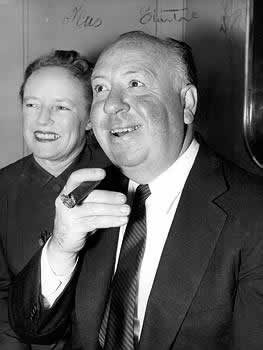
Given his famous infatuations with the leading ladies he would cast (Ingrid Bergman and Tippi Hedren) it is interesting that the cigar, and alternatively the cigarette would feature in his films as symbols of forbidden libidinous desire. Despite indicating his overt interest in psychoanalysis, once again the cigar is posited as a symbol of control, a codified prop quelling public anxieties and sexual urges.
Hitchcock leaves an extraordinary legacy, with even his own title of “Master of suspense” doing him a disservice, considering the many genre films he’s directed. A man whose assured-ness on set is reflected by staying loyal to a single vitola all his life, the Montecristo No.2. This passion was frequently shared throughout his life. Famously, upon the start of the second world war, amongst his acts of solidarity was his supplying of cigars to friends in the UK. If “Drama is life with the dull bits cut out” we can always be sure that his cigar smoking never ended up on his cutting room floor.
READ the previous article Part 4: Albert Einstein. PREVIEW:
Only Great Men Smoke Cigars – and Pipes! Part 4. Albert Einstein
In the 4th part of the series, a close look at how pipe had such a big impact on one of the greatest minds in history. After Churchill, Mark Twain, Groucho Marx, here is a spotlight on Albert Einstein. continue reading
——————————————————————————————————————–
In conjunction with our great men series, we are proud to introduce this t-shirt available on our online shop, featuring the silhouettes of Churchill, Einstein, Twain, Marx, and Hitchcock. Pick one up on www.FourteenNinetyTwo.com

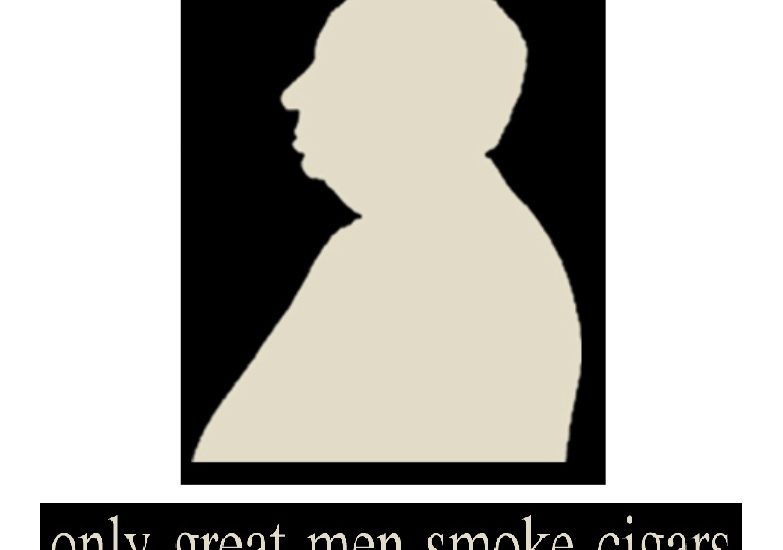
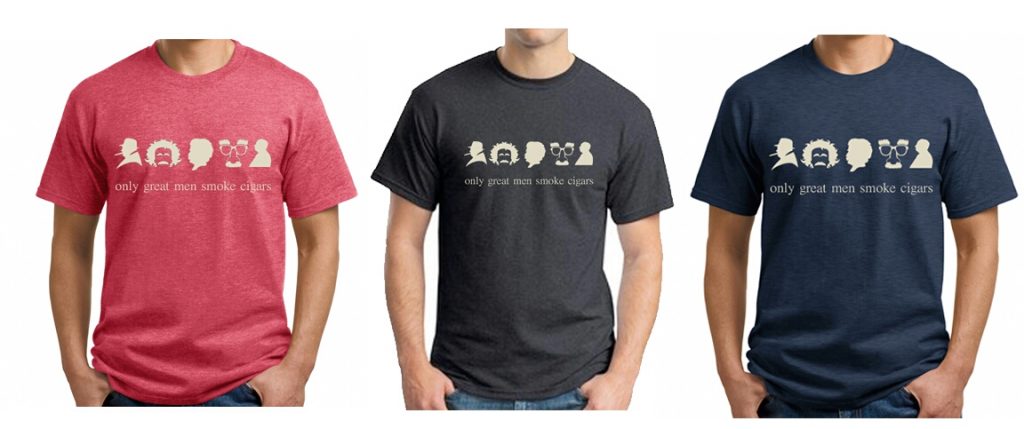
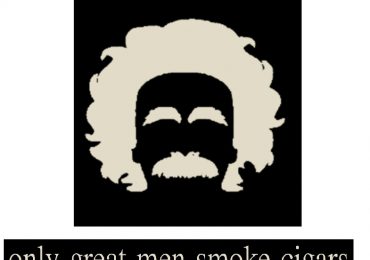
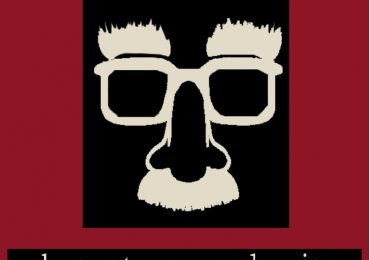
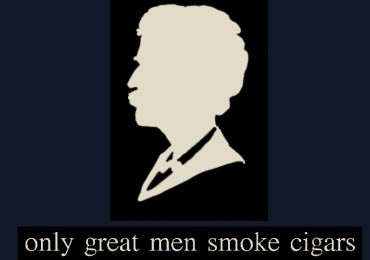
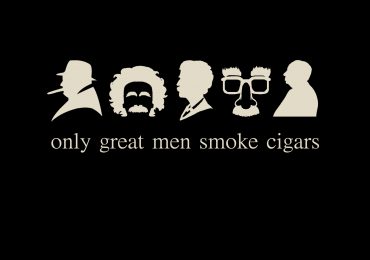

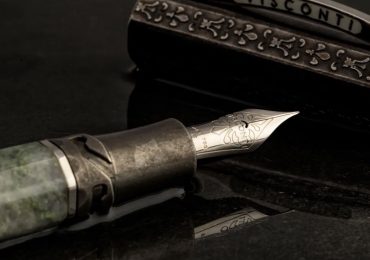
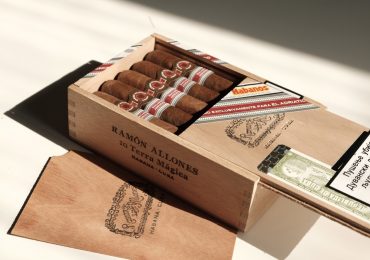


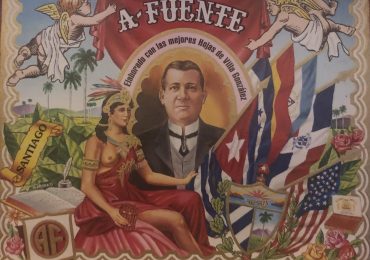
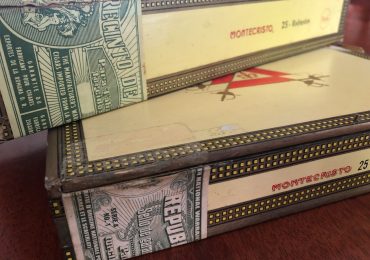

[…] READ the next part in our series, Alfred Hitchcock. PREVIEW: […]
Hello David,
thank you for the email. We have sent you an email. Best
Antonio